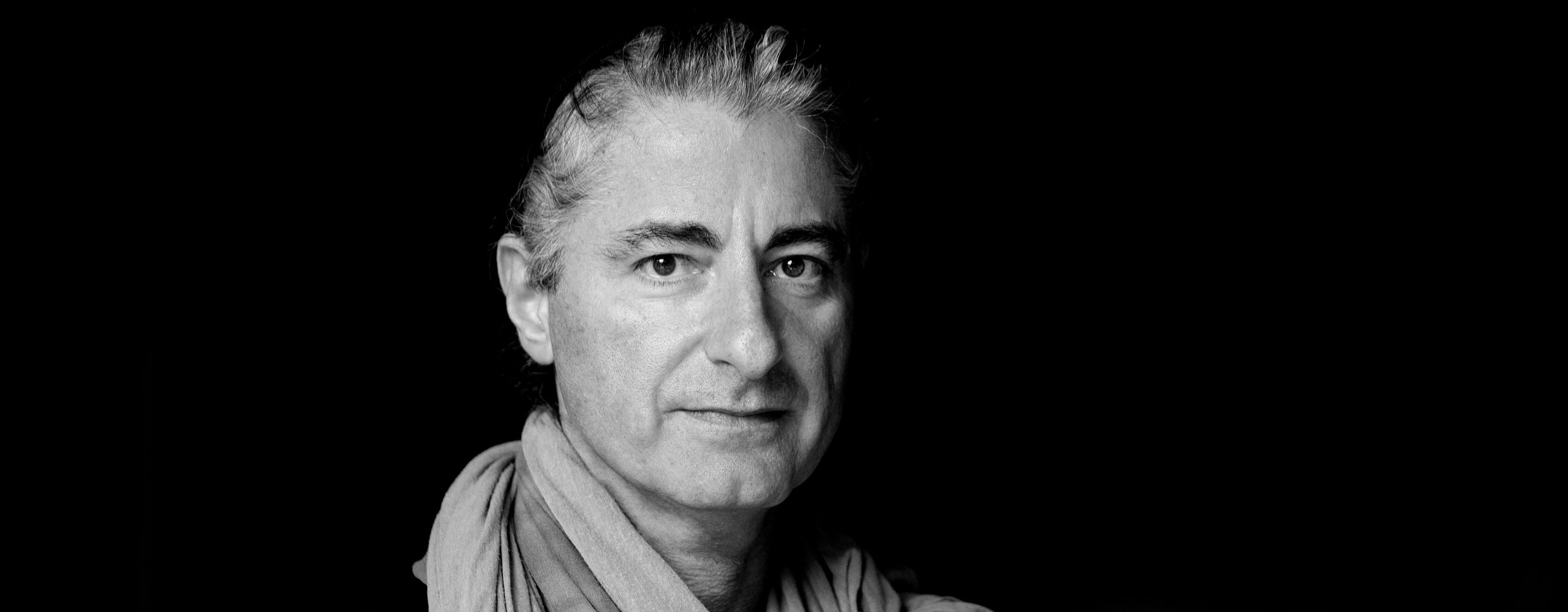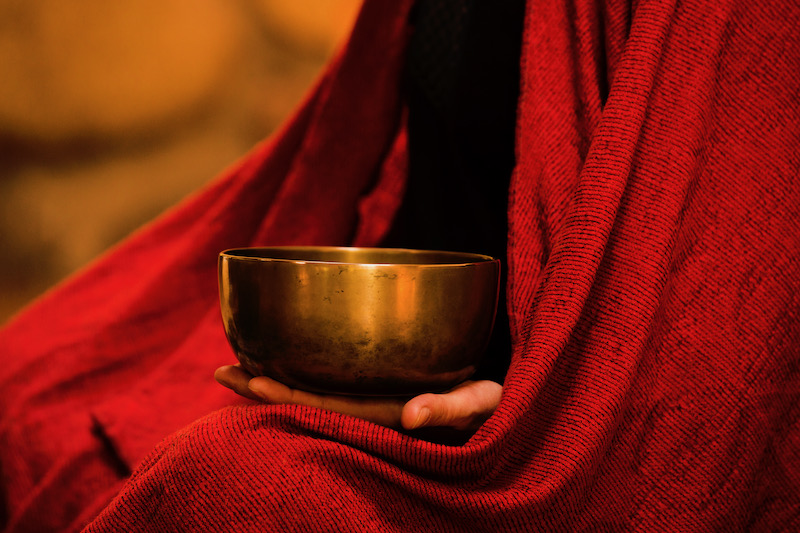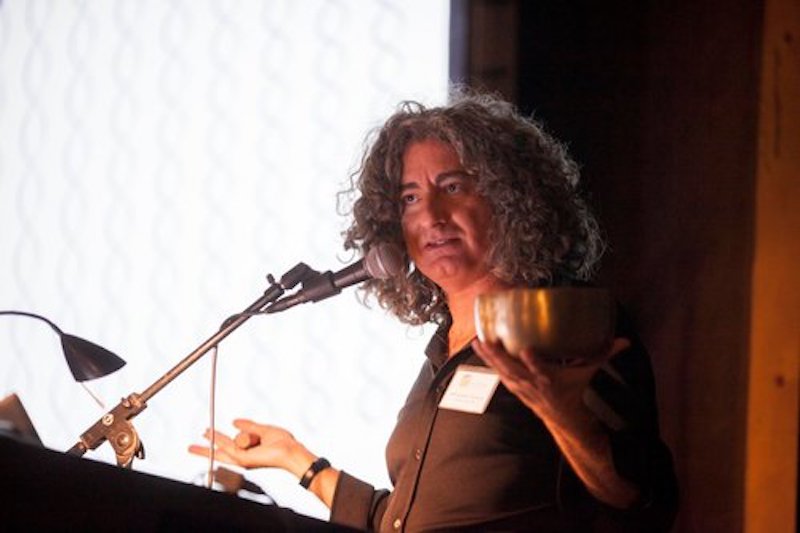Alexandre Tannous
Alexandre Tannous is an ethnomusicologist, sound therapist and sound researcher. He is also the Principal Founder of ResonantMind Collective. He holds a Bachelor of Music with a double major in Music Theory and Composition, and a Master of Arts degree in Music Education from Columbia University Teachers College. As a recipient of the Mellon Fellowship he also earned a Master of Arts and a Master of Philosophy degrees in Ethnomusicology from Columbia University where he was enrolled in the Ph.D. program. He has taught various music courses at the same institution. The works of Alexandre Tannous are frequently performed in the United States, Europe, and in Asia. The World Première performance of his orchestral composition “Métamorphose” under his baton at Carnegie Hall in 1995 received a standing ovation. As a film composer he composed two film-scores: The Seventh Dog (2005), and Jim (2009).
As a musician, he has performed a variety of musical styles including classical, jazz, rock, and non-Western music on various instruments. Alexandre is also active as an ethnomusicologist. He has conducted fieldwork for 22 years in over 40 countries around the world. His ethnomusicological research investigates issues of acculturation, community, musical identity in an urban setting, and the concepts of talent, charisma, and leadership in music. He is a sought-after ethnomusicologist/composer consultant on projects in recording studios, helping create awareness in amalgamating various musical cultures.
For the past 22 years he has been researching the therapeutic and esoteric properties of sound from three different perspectives – Western scientific, Eastern philosophical, and shamanic societal beliefs – to gain a deeper understanding of how, and to what extent, sound has been used to affect human consciousness. This search has led him to the intersection where art, science, philosophy, and spirituality intersect. His ethnomusicological approach entails a social scientific study of sound use in several traditional contexts—religious, spiritual, holistic, and cultural—for various purposes and occasions in entertainment, worship, meditation, and rituals of healing and trance. Consequently, his approach in researching, understanding, experiencing, transmitting, and working with sound has always been based on a multidisciplinary approach.
The material he transmits about sound is based on thorough research over many years: observations he made during his fieldwork, scientific studies, personal experiences, and data collected from thousands of people he has worked with doing sound therapy. This has led him to a deeper understanding of how sound reveals and unlocks hidden powers we have within us to promote profound inner changes and healing.
Inspired by his findings, he designed a protocol of an integrated experience he calls “Sound Meditation” in which he shares the findings from his research, raising an awareness to how a specifically designed sound can have the ability to help us to disconnect from habitual patterns while judiciously listening to the specific traditional instruments he plays. He employs a phenomenological approach to study the effects of sound, using a method that empowers the participants to engage actively with tools that enhance their experience, using the consciousness-altering properties of sound to heighten self-awareness, to connect to the higher self, to fine-tune self-observation, and to attain self-realization.
Alexandre is a frequent guest-lecturer in major institutions such as Georgetown University, Princeton University, Columbia University, NYU, and in museums such as the American Museum of Natural History, the Metropolitan Museum of New York, the Brooklyn Museum, the Rubin Museum, and the Museum of the City of New York.
He continues to do research on sound, currently works as a sound therapist, teaches the method he has created, and lectures about sound throughout the world.
photos | top: Elyaou Bialobos; gallery: Elyaou Bialobos (5), Gerald Forster (1), Frank Dalter (1), Joel Barhamand (1)









